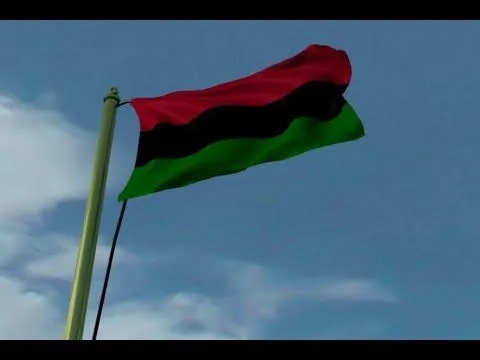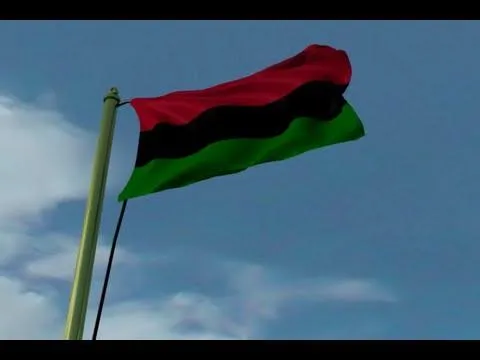On Juneteenth; The Issue of Reparations has Always Been a Labor Issue


*Editors Note: The following is a statement from the Sioux Falls AFL-CIO President Kooper Caraway in anticipation of the June 22nd, 2019 Juneteenth commemoration in Sioux Falls, SD organized by Establishing Sustainable Connections.
My father was born in Greenwood, Mississippi, just 10 miles away from where 14 year old Emmet Till was abducted, tortured, and murdered in the late summer of 1955. I was born in 1990 in Decatur, Alabama, a stronghold of the Ku Klux Klan. Before I relocated to the upper midwest and became President of the Sioux Falls AFL-CIO, I was a child of the south. As is common with Working Class families, we moved as the jobs moved. I have lived in Decatur, Birmingham, Vincent, and Clanton, Alabama. I have lived in Charleston, South Carolina. And I have lived in Houston, Mt. Pleasant, and Dallas, Texas. In the south, the spectre of slavery is all-pervasive. It hovers over and darkens otherwise beautiful land. In the words of Ta-Nehisi Coates, "It was 150 years ago. And it was right now."
In 2019, the question of Reparations for enslavement has recieved notable renewed interest. Several Presidential candidates have taken positions in favor and in opposition. The US House of Representatives is considering passage of HB40, which would create a "Commision to study and develop proposals for reparations for African-Americans". And while the issue of Reparations has been a political issue for some time, it has been a Labor issue since the beginning.
The Labor Movement has never been a monolith. The House of Labor has always been home to a diversity of opinions and philosophies. There are those who subscribe to the idea that the Labor Movement was born when the first official Trade Union was organized. Those subscribers say that the Labor Movement was founded in the U.K. in the early 1800's as the Industrial Revolution set it. Those subscribers say that the history of the Labor Movement is the history of officially recognized Trade Unions and clearly defined Bargaining Units. The people who subscribe to this idea are our brothers and sisters in struggle. They deserve our love, respect, and solidarity. They are good and committed Trade Unionists. However, those who subscribe to this idea are also wrong.
The history of the Labor Movement is the history of the Working Class. The Labor Movement was born the moment one man was forced to serve another in order to survive.
With this understanding some things become clear. The struggle of emancipation from enslavement in the US, was a Labor Struggle. The heroic resistors of the institution of slavery, like Nat Turner, Harriet Tubman, and Denmark Vesey, were Labor Organizers. And the issue of Reparations for this brutal practice is and always has been a Labor issue.
As a movement that has sworn to combat exploitation at all cost, it is our duty to fight for Reparations for injustices, past and present.
The fact is, those in power owe a historical debt to Black workers.
Work was done, a nation was built, but the workers recieved only torture, rape, and bondage as compensation.
A century of Jim Crow not only restricted the economic growth of the Black population but threatened the very existence of Black workers every day.
The modern day practice of Mass Incarceration and Police Brutality continue the historical traditions founded by those that stood at the helm of the first slave ships.
As a Labor Movement, by and for the Working Class, it is our sacred duty to support the call for Reparations for the Black community.
As a Labor Movement it is our duty to fight for compensation whenever work is done.
As a Labor Movement it is our duty to fight for the emancipation of those workers bound and chained today, in the thousands of prisons across this nation, victims of the modern day slave economy.
As a Labor Movement it is our duty to fight to right the wrongs of the past, and to build a new future in which workers from all nations enjoy a life of peace, equality, and security.
*Kooper Caraway has been President of the Sioux Falls AFL-CIO Since January, 2017.